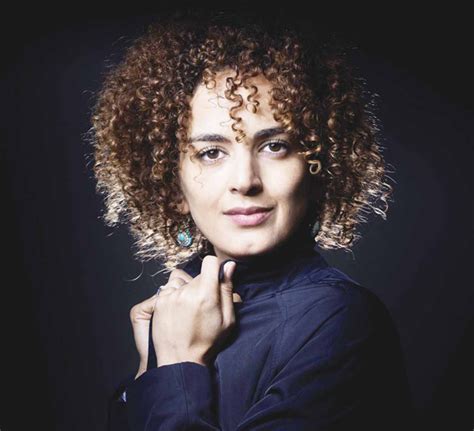Top 44 Quotes & Sayings by Leila Slimani
Explore popular quotes and sayings by a French writer Leila Slimani.
Last updated on December 3, 2024.
I remember, when I was a teenager, people telling me, 'You know, when you are a mother, you will never feel lonely. You will feel so much love, and you will be fulfilled by this love.' Then I became a mother. And I learnt that is absolutely wrong: you can feel very lonely with your children, even if you love them.
That animal part of us, it's the most interesting part. It's everything that has to do with drives, with things we can't stop ourselves from doing, with all the spaces where we're unable to reason with ourselves. It has its dark side, but there's a luminous side, too, which is the fact that we're just another species of animal.
I want to say that I can be Moroccan and speak about someone without speaking about his nationality. Because, you know, I have the feeling that when you come from Morocco, when you come from Afghanistan, when you come from Africa, Occidental people always wait for you to write a novel about identity.
People don't want to treat their nannies subserviently. They don't want to act like bosses. And so nobody quite knows how to behave, and everyone is slightly pretending that the mother and nanny are 'equal' - when that's not the case. And pretending you are equal can make things complicated, even dangerous.
You have to fight against all the things that will keep you out of writing, because life doesn't go with writing. You will always have something more important to do: you will have to take your children to school, you will have to cook something, you have to meet friends. But you have to fight if you want to write.






















